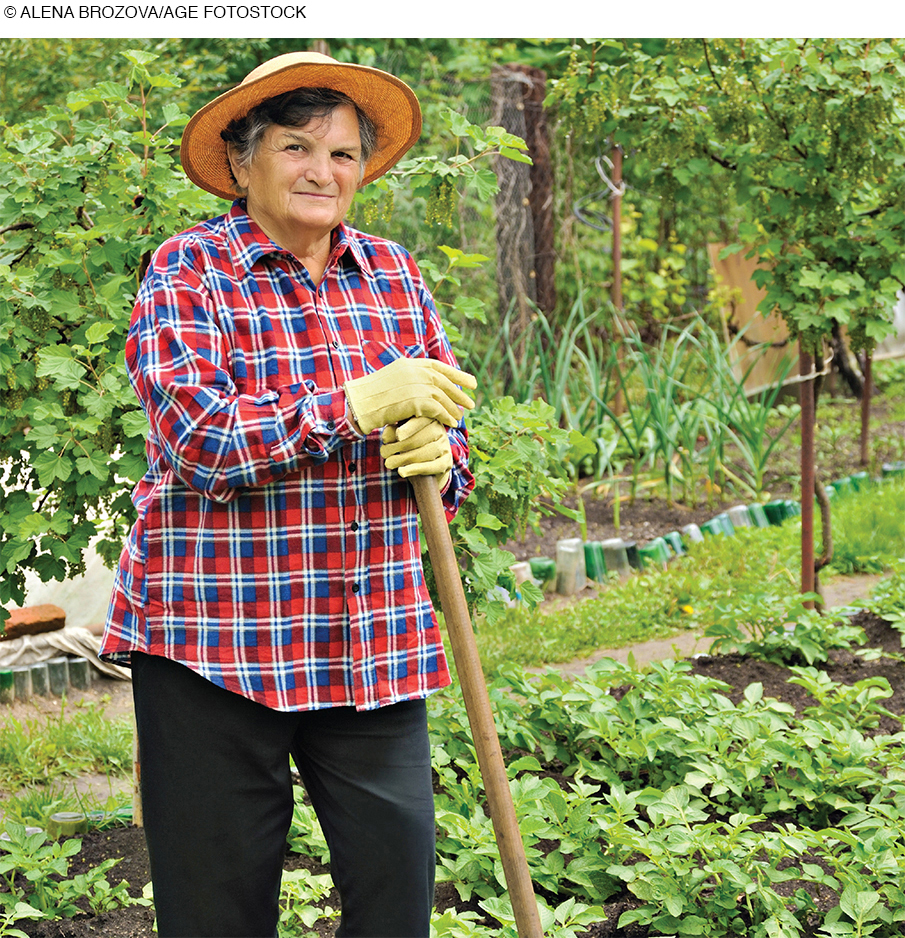Chapter Introduction
502

503
CHAPTER OUTLINE
Prejudice and Predictions
Believing the Stereotype
A VIEW FROM SCIENCE: I’m Not Like Those Other Old People
What’s the Harm?
The Demographic Shift
Theories of Aging
OPPOSING PERSPECTIVES: Stop the Clock?
Selective Optimization with Compensation
Personal Compensation: Sex
A CASE TO STUDY: Should Older Couples Have More Sex?
Social Compensation: Driving
Medical Compensation: Survival
The Aging Brain
Losses and Gains
New Neurons
Information Processing in Late Adulthood
Brain Diseases
The Ageism of Words
Prevalence of NCDs
The Many Neurocognitive Disorders
Preventing Impairment
Reversible Neurocognitive Disorder?
Older and Wiser?
Erikson and Maslow
Learning Late in Life
CHAPTER 14
Late Adulthood
Body and Mind
WHAT WILL YOU KNOW?
What percentage of older people are in nursing homes?
Are old men and women abnormal if they are interested in sex?
Can the average life span be extended to age 90 or more?
Is forgetting names a sign of major neurocognitive disorder?
Video: Late Adulthood Body and Mind: A Brief Overview
I have attended too many dinners sponsored by large groups. No longer do I enjoy church suppers with lasagna and Jell-
But recently I attended an organization’s dinner that surprised me. The appetizer was a kale and nut salad; a fish entrée and a bowl of Brussels sprouts were passed around family-
As I think about it, some of them had silver hair: They looked young because of their attitude and fitness. Their passion for exercise and their commitment to this group may have slowed down their aging. My preconceptions were also challenged by the menu, the honorees, and the laughter, all contrary to the idea that adults settle quietly into habits set decades earlier.
This chapter describes the many physical and intellectual losses of late adulthood—
THINK CRITICALLY: Why do many people contemplate aging with sorrow rather than joy?
But there are gains as well, primarily in thinking and attitude. My assumptions were challenged, especially when I realized that older people can be active in new causes and innovative organizations. People of every age hold mistaken beliefs that undermine potential. As you will see, older adults can be strong, happy, and wise.